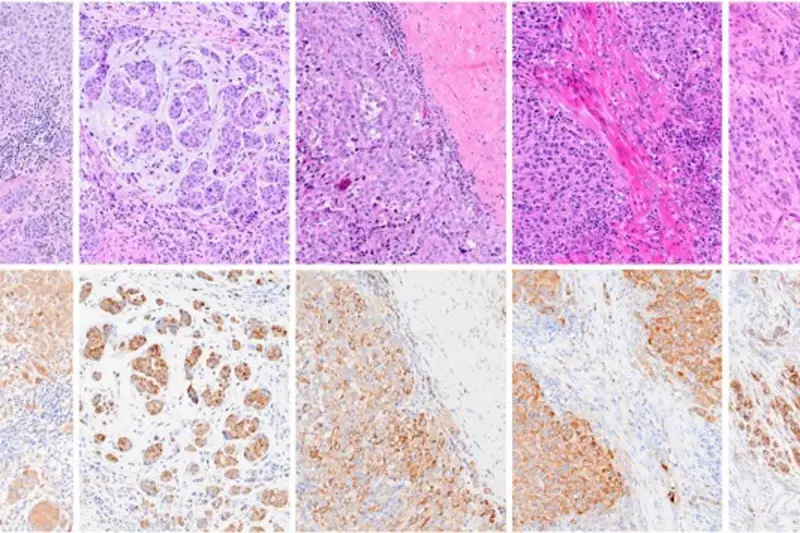
In a medical breakthrough that could revolutionise cancer treatment, a new personalised mRNA vaccine has shown extraordinary results in preventing the recurrence of melanoma, the deadliest form of skin cancer.
Dramatic Reduction in Cancer Recurrence
The landmark UK-led clinical trial revealed that patients who received the personalised vaccine alongside immunotherapy treatment were nearly half as likely to experience cancer recurrence or death compared to those receiving immunotherapy alone. The vaccine, custom-made for each patient using their tumour's genetic makeup, trains the immune system to recognise and attack cancer cells specifically.
How the Revolutionary Vaccine Works
Unlike traditional vaccines that prevent diseases, this cutting-edge treatment operates as an immunotherapy. Scientists analyse a patient's tumour after surgical removal, identifying unique mutations specific to their cancer. Using this genetic blueprint, they create a bespoke mRNA vaccine that instructs the body to produce proteins matching those mutations, effectively teaching the immune system to hunt down remaining cancer cells.
Beyond Melanoma: Expanding Cancer Applications
While the current results focus on melanoma, researchers are optimistic about the vaccine's potential against other aggressive cancers. Early-stage trials are already underway for pancreatic and breast cancers – two forms of the disease that have historically proven difficult to treat effectively.
A New Era in Cancer Treatment
Professor Andrew Ustianowski, one of the UK investigators involved in the research, described the findings as "remarkable." The combination approach of personalised vaccination with established immunotherapy drugs represents a significant advancement in cancer care, potentially offering new hope for patients with limited treatment options.
The research, conducted across multiple UK centres including University College London Hospitals, suggests we may be entering a new paradigm where cancer treatment becomes increasingly tailored to individual patients, moving away from one-size-fits-all approaches.





